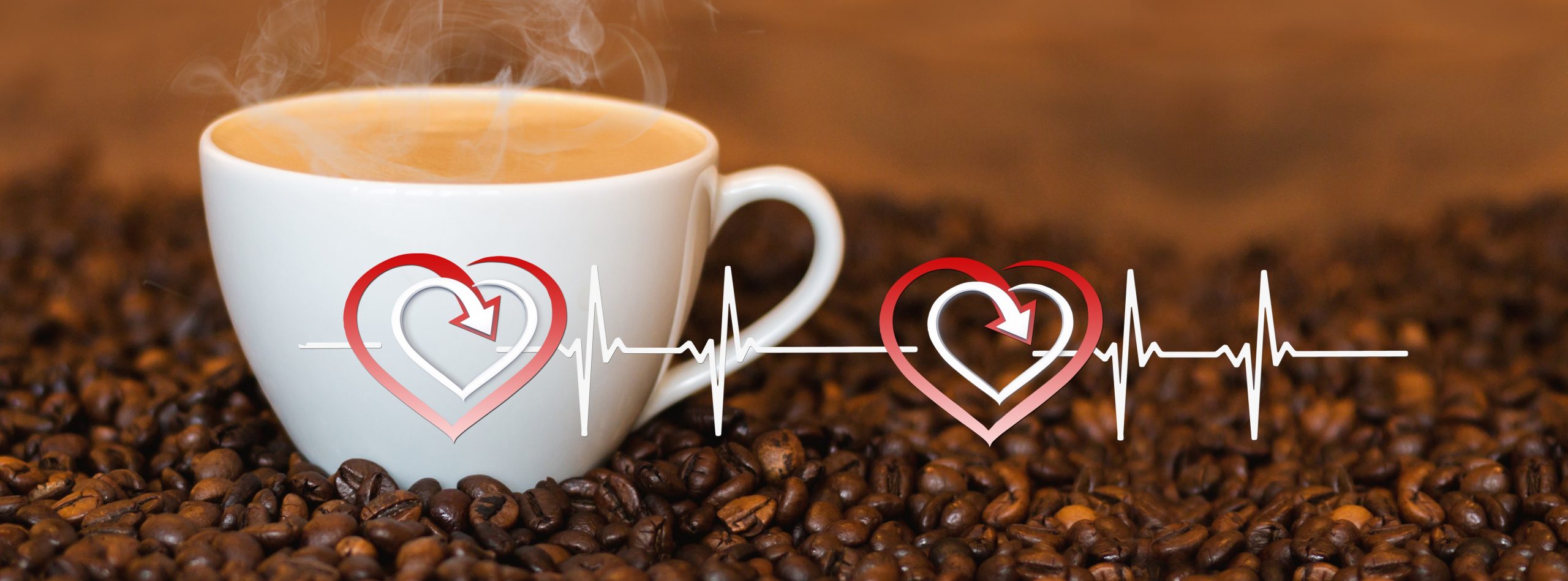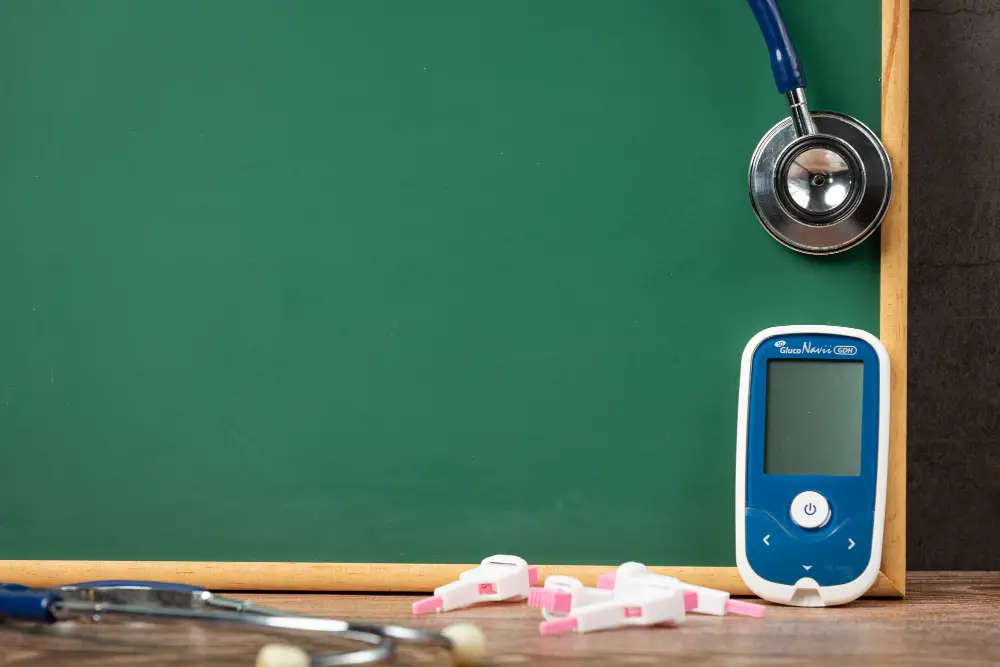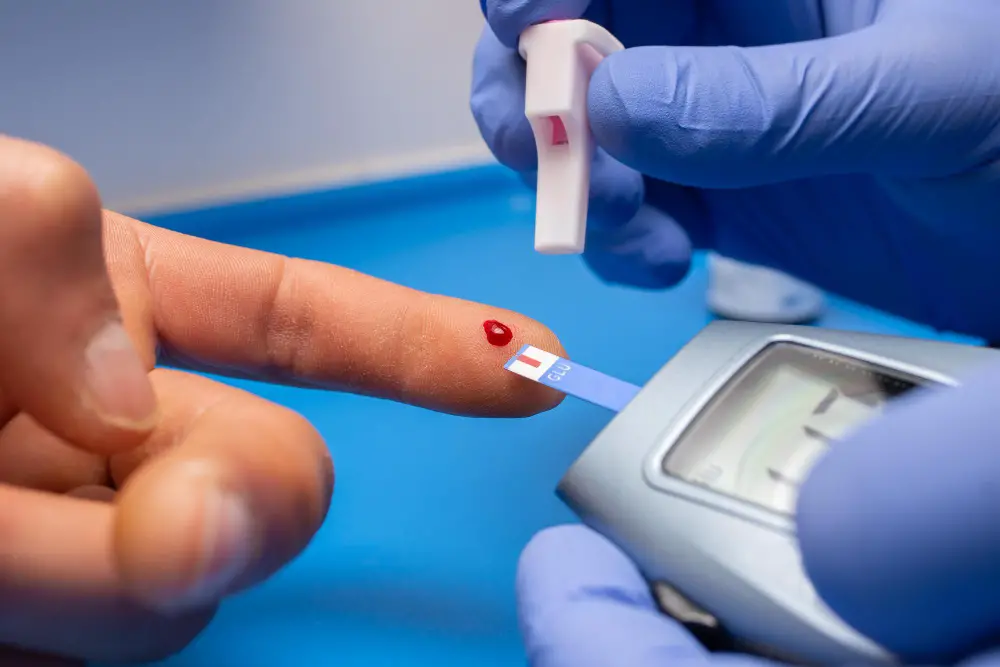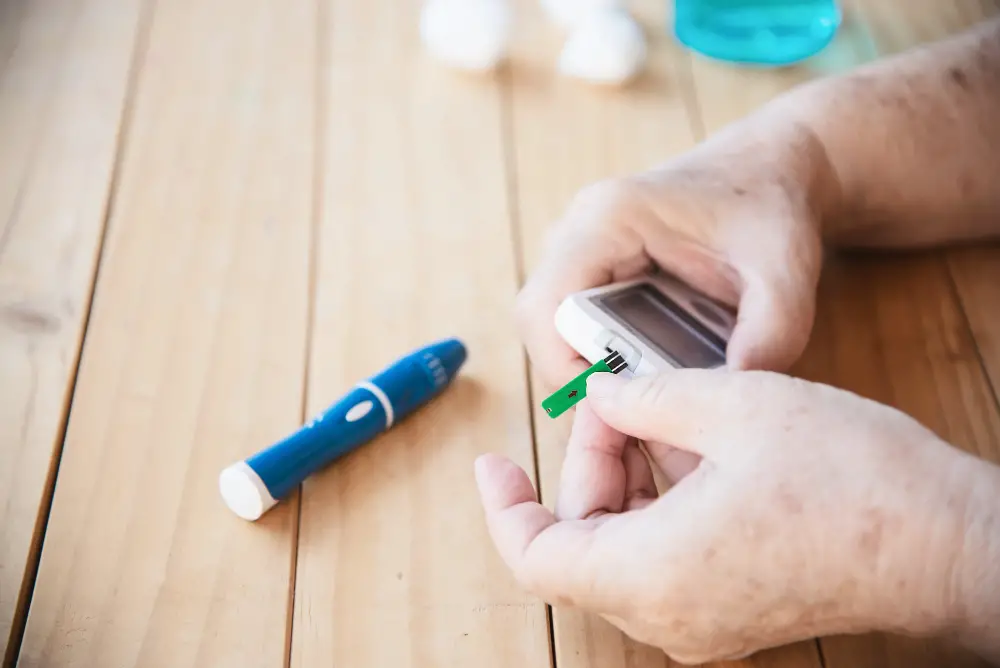
8 Effects of Caffeine on Heart- Is it Good or Bad?
-
- Dr. Junaid Arshad
- November 9, 2021
- 0 comments
Table of Contents
Introduction
If you are addicted to caffeine and want to know how it affects your heart, you are at the right place.
This article discusses 8 very important effects of caffeine on the heart and also explains if these are good or bad for you.
Caffeine is a pharmacologically active substance present in beverages like tea, coffee, and soft drinks.
Pharmacologically active means that it can have therapeutic and adverse effects just like any other drug.
Tea and coffee are the most widely used drinks throughout the entire world.
In 2020, per capita, tea consumption in the US was 400g.
For more statistics on tea consumption. Click here
Caffeine has a wide range of effects on the human body predominantly affecting the heart and the nervous system.
Caffeine content of commonly used products:
| Beverages/Food | Serving Size, ml or g (Caffeine,mg) |
| Coffee (brewed) | 236ml (135 mg) |
| Coffee (Instant) | 148ml (66mg) |
| Coffee (Instant decaffeinated) | 148ml (3mg) |
| Coffee (orange cappuccino) | 236ml (102mg) |
| Tea (decaffeinated) | 236ml (0mg) |
| Tea (leaf or bag) | 236ml (50mg) |
| Coca Cola (regular + diet) | 355ml (46mg) |
| Pepsi | 355ml (38mg) |
| Dark Chocolate cake | 93g (13mg) |
Heart Rate
Caffeine can cause both an increase and a decrease in heart rate.
An increase in heart rate is called tachycardia and a decrease in heart rate is called bradycardia.
An increase in heart rate after caffeine intake manifests as palpitations.
Bradycardia, however, can manifest as dizziness, fainting, generalized weakness, and a tendency to fall.
How caffeine decreases heart rate?
The mechanism by which it decreases heart rate is linked to its relationship with adenosine as mentioned in the blood pressure section.
When caffeine causes a constriction in blood vessels by antagonizing the effects of adenosine, this constriction and hence the raised blood pressure is sensed by the carotid baroreceptors.
Baroreceptors are pressure-sensitive receptors located at the bifurcation of the internal and external carotid artery in an area called the carotid sinus.
After baroreceptors sense an increase in bp, they stimulate a nerve called the Vagus nerve.
The Vagus nerve directly innervates the heart muscle as well as the electric circuit of the heart.
The SA node and the AV node constitute the electric circuit of the heart.
It decreases heart rate by slowing down the firing of electric impulses from the SA node.
In contrast to tachycardia, the bradycardia caused by caffeine can occur by the small doses present in standard servings of tea or coffee.
Also, bradycardia occurs equally in habitual and non-habitual caffeine users.
How caffeine increases heart rate?
Tachycardia & palpitations with caffeine occur only at very high doses and that too in non-habitual users.
People who regularly take caffeine develop tolerance to its effect of causing tachycardia.
Dose as high as 4-6 cups of coffee per day has minimal to no effect on habitual users.
It increases heart rate by stimulating the sympathetic nervous system.
The sympathetic nervous system is associated with the fight and flight response of the body and is activated during stress and increases both heart rate and its force of contraction.
Caffeine also stimulates the release of norepinephrine from sympathetic nerve endings.
Norepinephrine increases heart rate (positive chronotropic effect)
For more details on nor-epinephrine, click here.
Caffeine in high doses also raises calcium concentration within the cells of the heart muscles by inhibiting the re-uptake of calcium in the sarcoplasmic reticulum.
This raised calcium has a similar positive chronotropic effect on the heart just like norepinephrine.
Occurrence of tachycardia with caffeine can predispose to serious and life-threatening arrhythmias
Blood Pressure
Several studies have shown the effects of caffeine on blood pressure.
It can cause an acute rise in blood pressure but that depends upon how habitual a person is.
Several studies have supported this fact.
A study published in Circulation Journal in 2002 showed that caffeine-naïve or intolerant individuals suffered an acute rise in blood pressure of 5-10mmhg with coffee ingestion.
Whereas habitual coffee users did not manifest any significant changes in blood pressure.
This hypertensive effect is more marked in people with pre-existing hypertension as compared to people with normal blood pressure.
An increase in blood pressure was 1.5-folds greater in already hypertensive patients. [1]
Another factor determining bp rise is age.
Older hypertensive patients taking coffee suffered a greater degree of increase in bp as compared to non-drinkers. [2]
How Caffeine raises blood pressure
It raises blood pressure by opposing the action of adenosine.
Adenosine is a substance that dilates the blood vessels (vasodilation).
Caffeine binds to the same site where adenosine binds and hence inhibits or decreases its effects.
This results in constriction of blood vessels or inhibition of the dilatation effect of adenosine.
This hypertensive effect can have a therapeutic benefit and it can be used in patients who suffer a decrease in blood pressure after a meal (postprandial hypotension) or in patients having low bp secondary to autonomic dysfunction.
Arrythmias
The word arrhythmia refers to irregular heartbeat, which usually beats in a regular cyclical manner.
Some of the commonly occurring arrhythmias include atrial fibrillation, ventricular fibrillation, & ventricular and supraventricular tachycardia.
Caffeine can cause arrhythmias when consumed in very large amounts.
A moderate amount of caffeine intake has not been shown to cause any rhythm disorders even in individuals with a history of life-threatening arrhythmias. [3]
A moderate amount is roughly defined as 400mg of caffeine or almost about 5 cups of coffee per day.
However, intake of very large doses like 10g a day has shown to cause some serious life-threatening arrhythmias like ventricular tachycardia (VT )and ventricular fibrillation (Vfib). [4]
The mechanism responsible for the development of arrhythmias is the same as mentioned for tachycardia in the above section.
Tachycardia or a very fast heart rate is a predisposition to all kinds of rhythm abnormalities.
In conclusion, every individual must avoid a very large intake of caffeine.
Whereas moderate intake has not shown to be arrhythmogenic but still considering the theoretical risk people with underlying heart disease shall use it cautiously, as patient-to-patient variations may also be present and some individuals may be more sensitive to caffeine effects than others.
Lipid Profile
Filtered coffee has no significant impact on lipid profile and no appreciable increase or decrease in plasma lipids including total cholesterol, LDL, or HDL was observed in several studies. [5]
Non-filtered coffee, however, can increase the lipid level of blood as it contains a compound called cafestol which is removed during the filtration process. [6]
An increase of 18.5mg/dl in total cholesterol and 15mg/dl in LDL was seen in a study conducted on people who took 4-6 cups of unfiltered coffee daily for a period of 3 months. HDL levels, however, remained unaltered. [7]
So, individuals having deranged lipid profiles can take filtered coffee as per routine, and discontinuation is not recommended.
However, patients at risk or already having deranged lipids should avoid unfiltered coffee.
For commercial preparations available for filtered & unfiltered coffee, click here.
Diuretic effect
Diuretic effect means the ability to increase urine formation and help the body excrete more fluid.
Caffeine has a diuretic effect, especially when used in large amounts.
This diuretic effect decreases over time with continuous intake and people develop tolerance to it.
This phenomenon has been supported by a study that says that acute intake of caffeine as much as 250-300mg which is equal to 2-3 cups of coffee, or 5-8 cups of tea can have a short-term diuretic effect.
Therefore, regular caffeine users have no effect on dieresis.
And if initially present, it diminishes after consuming caffeinated drinks for a few days.
The amount of caffeine present in standard servings of coffee, tea, or soft drinks has an insignificant diuretic effect.
Hence, we do not recommend abstaining from caffeinated products just to avoid their diuretic effect.
Additionally, the same goes for increasing the intake of such products to achieve diuresis.
SCD
Data regarding sudden cardiac death with the use of caffeine is insufficient.
However, keeping in view the available data, a very large intake is a risk factor for sudden death.
A study was conducted retrospectively on 117 individuals, all having underlying coronary artery disease and suffering sudden cardiac death, who had a history of very high intake of coffee of > 10 cups a day. [9]
The most probable mechanism is the development of life-threatening arrhythmias like VT or Vfib.
Mortality/Death Rate
Coffee consumption might decrease the death rate due to heart disease or any other cause.
Most of the studies have supported this fact. [10]
Few studies however have shown opposite results. [11]
In conclusion, insufficient data is available to date & to establish a definitive benefit, we need to do more studies.
Bottom Line
Every individual irrespective of age, gender, and underlying disease can take coffee in a moderate amount.
However, one must always avoid a very large intake of coffee or the caffeinated products.
Also, if someone develops symptoms with low or moderate intake, he or she must seek doctor’s opinion as some people can be extra sensitive to caffeine effects.
A small amount of coffee should be a part of a routine diet.



